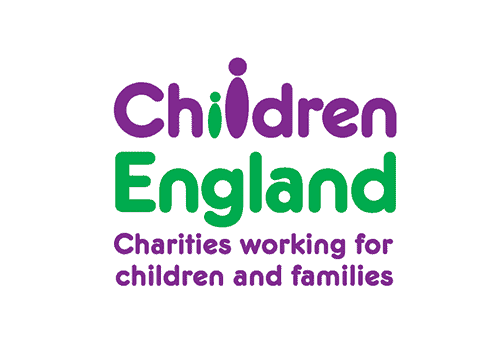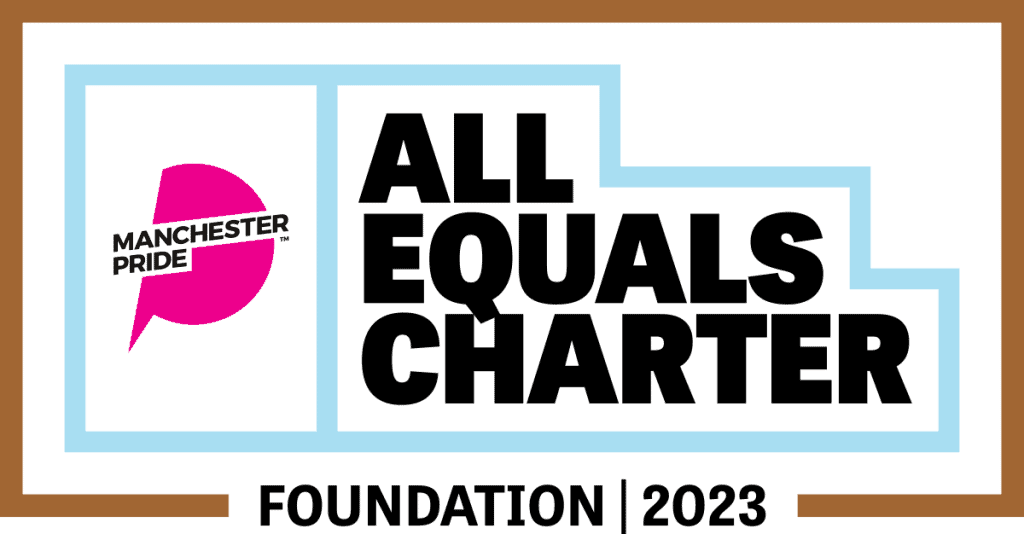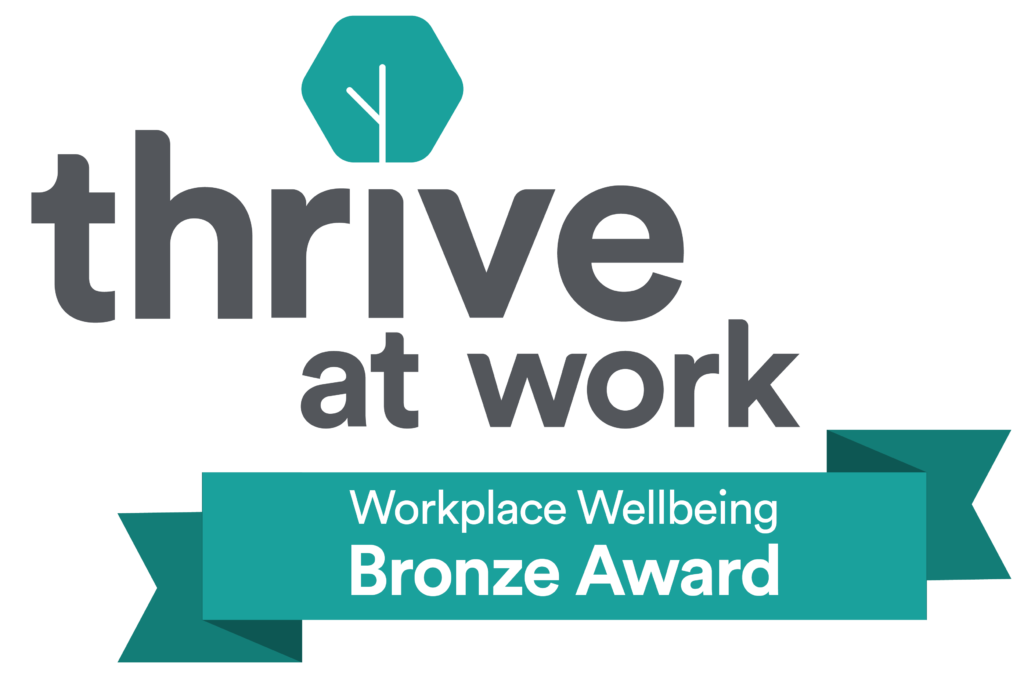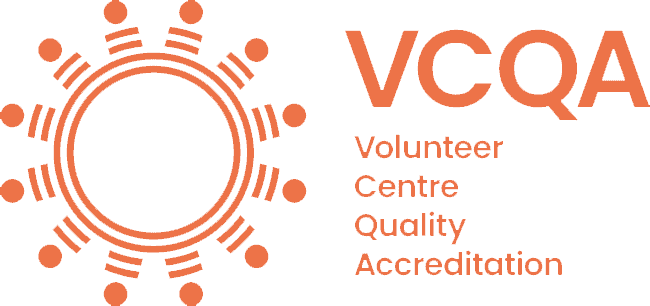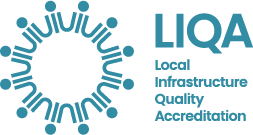In my mid twenties, sometime in the 1990s, my father and I had dinner in an Islington restaurant. Over the course of a boozy evening we hand-scribbled a picture of “an economy” on the disposable paper tablecloth in front of us. If I hadn’t been so young, and so lost in the moment, I would have saved and treasured that tablecloth – it truly was a work of art. But I can still see it in my mind, and will for the rest of my life. It was more than inebriated doodling, it was the truth.
I wish you could see it. It looked like a wonky, asymmetric version of Damien Hurst’s spots, with a myriad of lines, swooping curves and arrows joining the dots multiple times over, eventually tumbling right over the edges of the paper. It had cartoons and stick people and pound signs and ‘presents’ (to signify gifts) accompanying each arrow. It included taxes and benefits and wages, pocket money, loans and donations. It included parents and carers and babysitters looking after children, plumbers keeping our pipes working, teachers nurturing the knowledge and ambitions of our newest citizens, engineers building bridges and roads, carers making life worth living for every person who relied on them, hairdressers making us feel good about ourselves, doctors and nurses saving our lives, chefs making a special treat of being cooked for, charity volunteers raising money or making new friends, farmers growing the essential stuff of life, actors and filmmakers offering fantasy and escapism, bricklayers and chippies building new houses and fixing broken ones, bus and train drivers getting people from A to B. People doing what they do, which in turn made them, their families and the whole economy, work.
It included everything we do for each other – for love, for fun, curiosity and vocation – as well as everything people do for, and with, money. All of it was economically productive.
It was everything.
It was amateur art, but not amateur economics. My dad has a first in economics from Cambridge, and he taught me (almost!) everything I know. It was in vino veritas, our earnest attempt on our part to paint a very different picture from the stultifying two-dimensional neoliberal picture of “an economy” as a finite household budget, in which our national income is created purely by companies and commerce, while everything else in society (love, fun, nature, charity and public service) is merely a frivolous cost to be cut, controlled and contained by anyone who claimed to be financially responsible. The prevalence of this neoliberal lie was a big enough problem back then for us to make us want to graffiti our tablecloth. Now it’s life-critical for our whole nation.
Sadly, economists and politicians who still hold that view of the world won’t register the loss of Children England, the 81 year-old charity that I’ve been proud to run for the last decade, and which I now have to close. The household budget brigade places no worth on organisations that make no profit; they see no material value in the gift economy and what charities contribute to the whole economy.
But they should. Gift is woven into the fabric of our society, indeed the same is true for every human society that has ever existed. So is our total interdependence upon each other. Any form of economics that fails to recognise those fundamental human facts is not a serious human science. The very idea that spending on people, charities or public services is somehow an extraneous, optional extra to the basic functioning of our economy is inhuman. Unnatural. Unreal.
There’s a lot of unreality around these days though. I’m just as concerned about our nation’s dialogue about the impact of inflation, reported as if it will all be over once the rate comes down again. But inflation is like a plague of locusts eating through everything in its path – public, private and charitable. Call it the “cost of living” if you like, but it’s still the same thing. Every pound my charity has gratefully received in income, and holds in reserve, is worth less than 90% of what it was worth this time last year. Fact. Meanwhile every bill has gone up. For everyone trying to do what they do in this economy – whether your main aim is to turn a profit, pursue your mission, perform your statutory duty, or just to do your day job – there is no obvious way of making that giant loss in the value of money add back up again. Children England certainly can’t. Our far greater concern is how many more incredibly valuable organisations of all kinds won’t make it either.
Seeing the government claim that it had to pay off the bill for bailing out the banking crisis of 2008 at the expense of services and benefits for children, young people and families has been alarming. Mainly because it was never true. The truth is that every savage cut to councils, every single Whitehall spending decision over the last decade, has been a political choice not an economic necessity. Throughout the last decade Children England has been loudly calling out the avoidable impacts of austerity on children, families, and the services and support they should still be entitled to expect. We’ve persistently offered the kind of systemic solutions and creative policy reforms that could stem and reverse the devastating impact of State disinvestment in our children and their futures. But governments and politicians weren’t – and still aren’t – listening.
Today our banks are raking in record profits once more, while children are still paying the price of austerity, with crumbling schools and rising hunger. Both main political parties say, glibly, “The money has run out”. But it hasn’t run out, it’s running off – it’s been siphoned away and hoarded by people so wealthy already they have no personal need or economically productive use for it at all. They’ve taken it offshore, untaxed, out of circulation. Off the tablecloth.
In their inspiring work launched earlier this year our young leaders of the ChildFair State Inquiry have been our great source of inspiration and hope for the future, laying out a positive and practical agenda for restoring the sense of collective responsibility we should have towards every child, indeed every person of any age, in this society. As human beings we all need other people, and children need all of us.
No child is unaffordable to our economy or society, the very idea is perverse. In fact this country simply cannot afford the damage we are doing to our children and to all of our futures, with such relentless cuts and disinvestment in their childhoods.
As we close down our charity, in an economy that leaves us sadly no other choice, we hope that the ChildFair State young leaders’ powerful ideas can still spread far and wide, like sycamore seeds on the autumn wind, coming to life in reality long after Children England is gone. I see their seeds of hope and immense productivity in every dot and arrow of my economic tablecloth.
Kathy Evans,
Children England CEO

